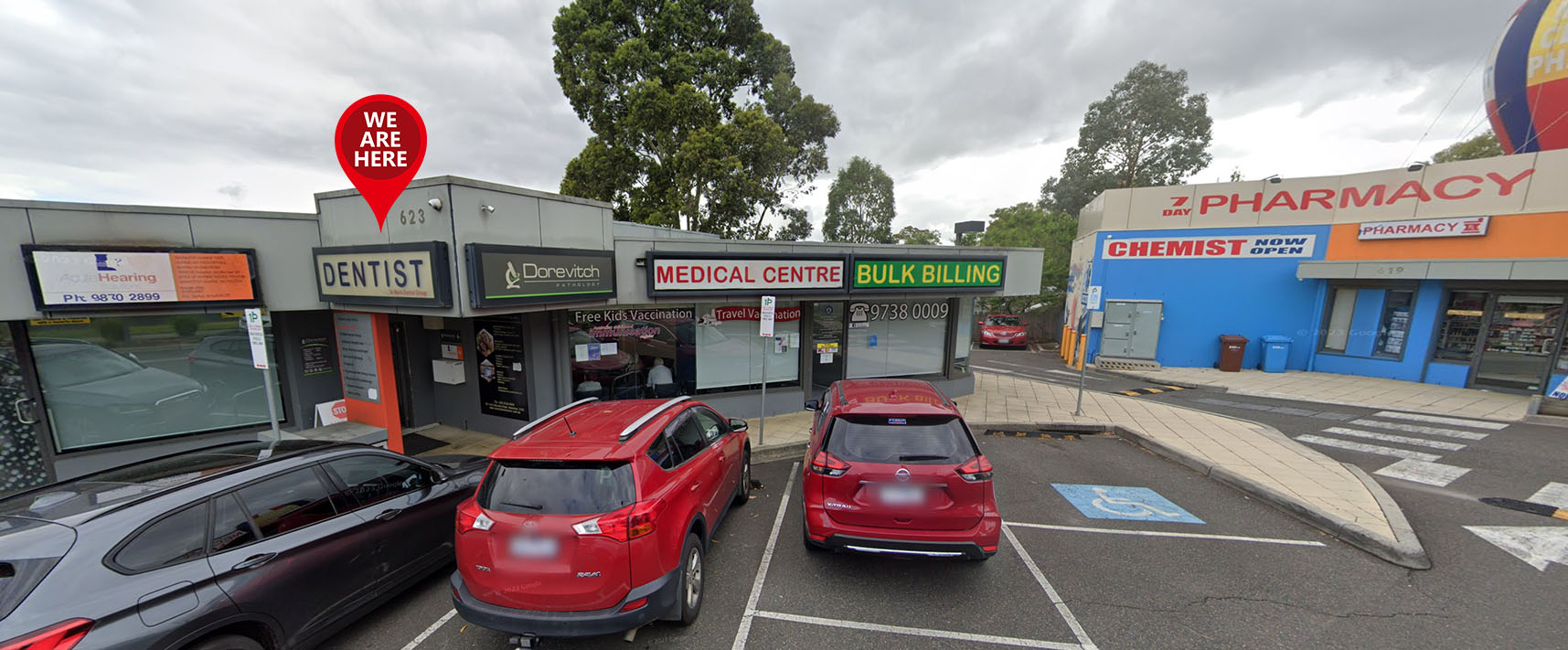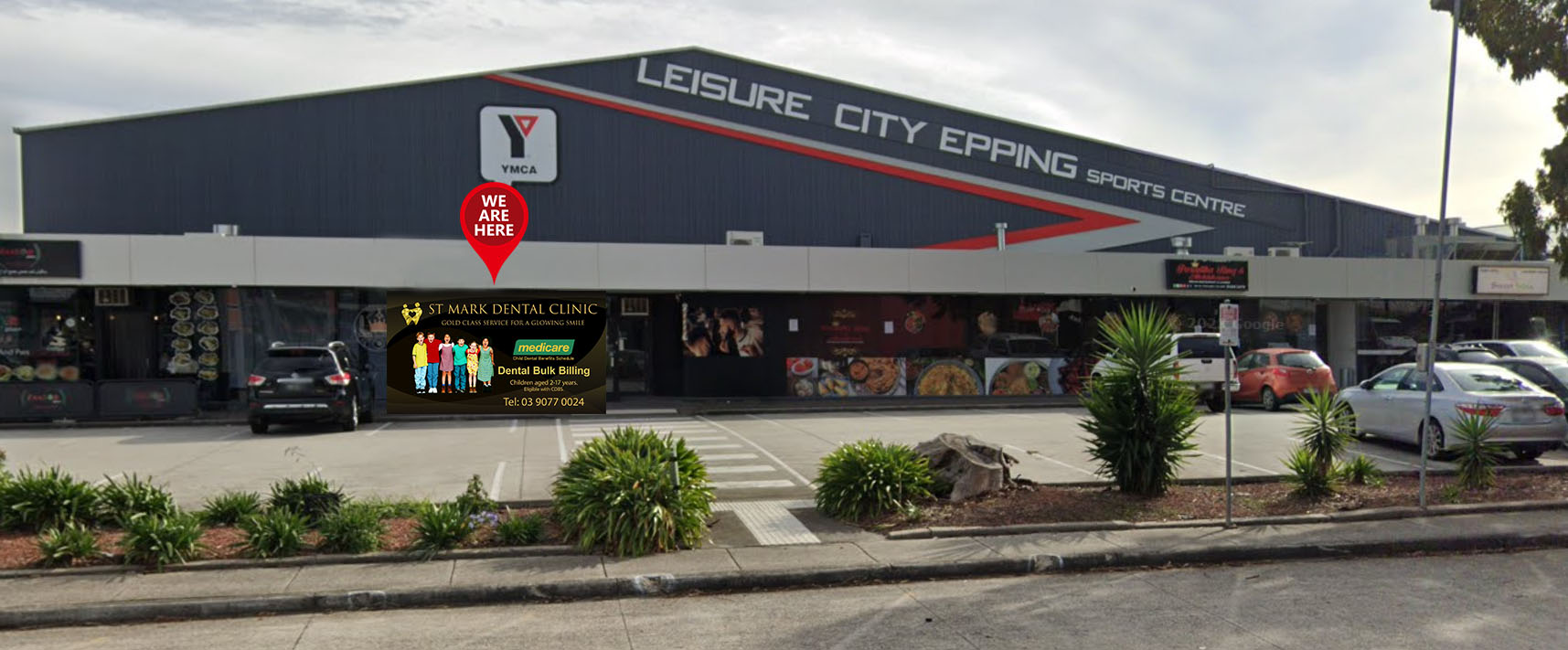Wisdom Teeth
WHAT ARE WISDOM TEETH?
Wisdom teeth or third and final molars, are the last four teeth to erupt and generally come in during the late teens or early twenties. Because the jawbone has fully grown to its adult size during the late teen years, the jaw is often too small to accommodate the new wisdom teeth comfortably. This is why the development of wisdom teeth commonly causes pain and discomfort, and can lead to more serious issues that require wisdom teeth removal.
DO I NEED MY WISDOM TEETH REMOVED?
Wisdom teeth or third and final molars, are the last four teeth to erupt and generally come in during the late teens or early twenties. Because the jawbone has fully grown to its adult size during the late teen years, the jaw is often too small to accommodate the new wisdom teeth comfortably. This is why the development of wisdom teeth commonly causes pain and discomfort, and can lead to more serious issues that require wisdom teeth removal.
Which can lead to:
TOOTH DECAY
(Dental caries) – this develops when plaque begins to break down the surface of your tooth. When tooth decay becomes more advanced, it leaves holes (cavities) in the tooth, which can affect the surrounding teeth.
GUM DISEASE
(Also called gingivitis or periodontal disease) – this occurs when plaque releases toxins that irritate your gums, making them red, swollen and painful. Gum disease can also affect the surrounding teeth and the bone around the wisdom teeth.
PERICORONITIS
When plaque causes an infection of the soft tissue that surrounds the tooth. It is most common when only part of the wisdom tooth has emerged from underneath your gums, a condition known as “partial eruption”
CELLULITIS
A bacterial infection in the cheek, tongue or throat.
ABSCESS
When pus collects in your wisdom teeth or the surrounding tissue due to a bacterial infection.
CYSTS AND BENIGN GROWTHS
Very rarely, a wisdom tooth that hasn’t cut through the gum develops a cyst (a fluid filled swelling).
TEETH CROWDING
Many of these problems can be treated with treatment such as antibiotics and antiseptic mouthwash, so removing your wisdom teeth is only recommended when other treatment hasn’t worked.



